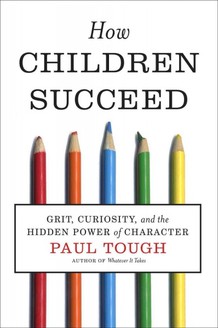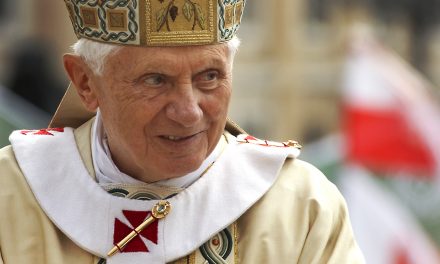The Passions
(Part Three, Chapter One, Section One, Article Five)
Jason King, Saint Vincent College
An entry on the passions in the Catechism of the Catholic Church should strike the reader as a bit odd. Why would the Church need to make claims about people’s feelings or how human bodies respond to different situations? It would seem to be a topic for biology or psychology rather than theology. Moreover, the articles before and after the one on the passions seem to carry much more theological weight: imago Dei, beatitude, freedom, human acts, conscience, virtues, and sin. Even the entry itself begins with a kind of defense of the topic, insisting that the “term ‘passions’ belongs to the Christian patrimony” (§1763). Yet the thirteen brief paragraphs of the article on the passions are important as they emphasize the Christian belief that the whole person is called to delight in God.
According to the Catechism, the passions themselves have a particular function in the human person, a function that in itself is “neither good nor evil” (§1767) but rather a natural part of the human psyche (§1764). Feelings (the Catechism uses feelings, passions, and emotions interchangeably) perform a dual “bridge” function in people. They first carry sense experiences to the human intellect (§1764) and then, from the intellect, dispose and contribute to human actions (§1762). Finally, like the whole of the human person, the passions are teleological. They fundamentally move people to love by directing senses, intellect and will toward what is thought good and away from what is thought evil (§1765).
This functioning is not the basis for evaluating feelings however. Feelings are morally relevant because people can exert a degree of control over them. The passions can be shaped through acts of the will and intellect (§ 1767) and thereby “be taken up into the virtues or perverted by the vices” (§1768). This possibility of ordering the passions means responsibility for them. Thus, they can be termed good or evil depending on whether or not they move people to what is truly good (§1768).
Passion do more than provide force behind thinking and doing. They bring delight to the thinking and doing. Thus, perfection of the passions entails not only the movement toward love but also a joy and happiness with what is loved (§1770). In the end, it is only with the assistance of the Holy Spirit that the passions can be perfectly ordered to and enjoy the pursuit and attainment of the good (§1769).
Perhaps the first point that should be made about this article on the passions is that it does not commit one to a particular science of the emotions. The use of faculty psychology categories in these passages should belie that interpretation. Rather, when the article touches on the functioning of the emotions, it is primarily asserting their necessity in knowing and doing. This factual point is a well known and safe assumption, one resent research in the neuroscience supports. Feelings not only help people attend to experiences but also filter these experiences in hopes of better understanding them and recognizing their importance. Moreover, feelings move the person to act in response to what the person has come to understand. Finally, it is possible to shape and influence one’s feelings (although most of the research indicates that interactions with others do this more than by individual will power).
This emphasis on the indispensible role the passions have in the functioning of understanding and action has some significant theological implications. First, it assumes that the whole person—including the body and bodily experiences like the passions—is the object of God’s love and ordered to beatitude. The article eschews any dualism, especially ones that devalue material existence. Moreover, it is not just that God loves people including their emotions but that people only come to reciprocate God’s love with the aid of emotions. Thirdly, these implications are the reasons for the assertion that feelings are fundamentally ordered by love.
It is worth noting that the last assertion does find some support in resent research in neuroscience on emotion. It seems that the human beings are hardwired to learn sympathy. In their own nascent way, infants seek out love in the world. As they find it, their brains develop as they should, and the children learn not only how to live but how to sympathize and care about others. When children do no receive a loving response, the brain seems to wire itself differently, making it difficult to empathize with others. This latter dynamic seems to be part of the reason why so many people who abuse others were abused themselves as children. While the theological point does not rest on scientific research, neither are the claims fideistic, divorced from the realities of human existence.
Finally, given the importance placed upon the passions, this article implies that beatitude is more than just knowing and doing what is good but also enjoying the good. What God intends for human beings is not a drudgery of obedience but rather a freely chosen union with God and neighbor that delights in these relationships. In other words, God is not Kantian and happy with those who just do their duty. God wants people to enjoy life, others, and the kingdom of God. God wants “[m]y heart and flesh [to] sing for joy to the living God” (§1770).



